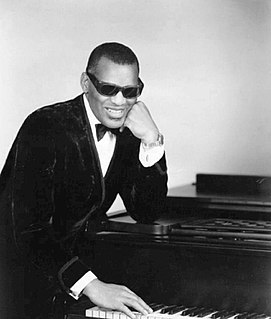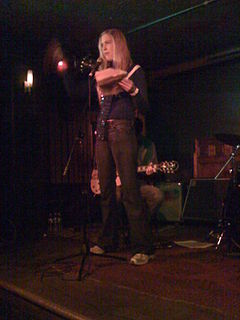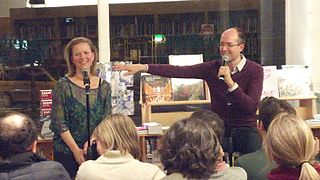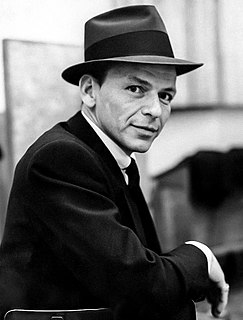A Quote by Earl Sweatshirt
It takes me a long time to write, and I trust myself, so I write very sparsely, so when I do, I know it's good, you know what I mean? Rather than writing a whole bunch and having to sort out what's good and what's not.
Related Quotes
Darling, You asked me to write you a letter, so I am writing you a letter. I do not know why I am writing you this letter, or what this letter is supposed to be about, but I am writing it nonetheless, because I love you very much and trust that you have some good purpose for having me write this letter. I hope that one day you will have the experience of doing something you do not understand for someone you love. Your father
The most common thing I find is very brilliant, acute, young people who want to become writers but they are not writing. You know, they really badly want to write a book but they are not writing it. The only advice I can give them is to just write it, get to the end of it. And, you know, if it's not good enough, write another one.
The best advice on writing was given to me by my first editor, Michael Korda, of Simon and Schuster, while writing my first book. 'Finish your first draft and then we'll talk,' he said. It took me a long time to realize how good the advice was. Even if you write it wrong, write and finish your first draft. Only then, when you have a flawed whole, do you know what you have to fix.
I myself, as I'm writing, don't know who did it. The readers and I are on the same ground. When I start to write a story, I don't know the conclusion at all and I don't know what's going to happen next. If there is a murder case as the first thing, I don't know who the killer is. I write the book because I would like to find out. If I know who the killer is, there's no purpose to writing the story.
I don't have an audience in mind when I write. I'm writing mainly for myself. After a long devotion to playwriting I have a good inner ear. I know pretty well how a thing is going to sound on the stage, and how it will play. I write to satisfy this inner ear and its perceptions. That's the audience I write for.
I would rather not write if I'm depressed, or am going through a breakup, or I've had some disappointment, or I'm having a family issue. You don't want to just put out an open wound. Sometimes that just isn't even really good writing. Good writing should be good writing and storytelling and not just therapy or someone's personal journal.
I think a lot of the writing, you know, I write is just kind of like that where, you know. I write exactly how I'm feeling sometimes, and hardships that I'm going through. But I always end up, like the choruses are like, "God, You are good. God, you're faithful. You know, I know You understand, You're right here by my side." All these different things. And I just say very personal experiences that I've been through. I mean, it's not always detrimental thing.
I write for myself, and perhaps for half a dozen friends. And that should be enough. And that might improve the quality of my writing. But if I were writing for thousands of people, then I would write what might please them. And as I know nothing about them, and maybe I'd have a rather low opinion of them, I don't think that would do any good to my work.
I never thought I could write this much and now that it's coming to an end, I feel sad that I have to stop, sort of the way you feel at the end of a really good book and you know you're going to miss the main character. But in this case, the main character is me! Myself. Joe (formerly JoDan) Bunch. —Joe Bunch
When a story or part of a story comes to me, I turn it over in my mind a long time before starting to write. I might make notes or take long drives or who knows what. By the time I give myself permission to write, I know certain things, though not everything. I know where the story is headed, and I know certain crucial points along the way.




































